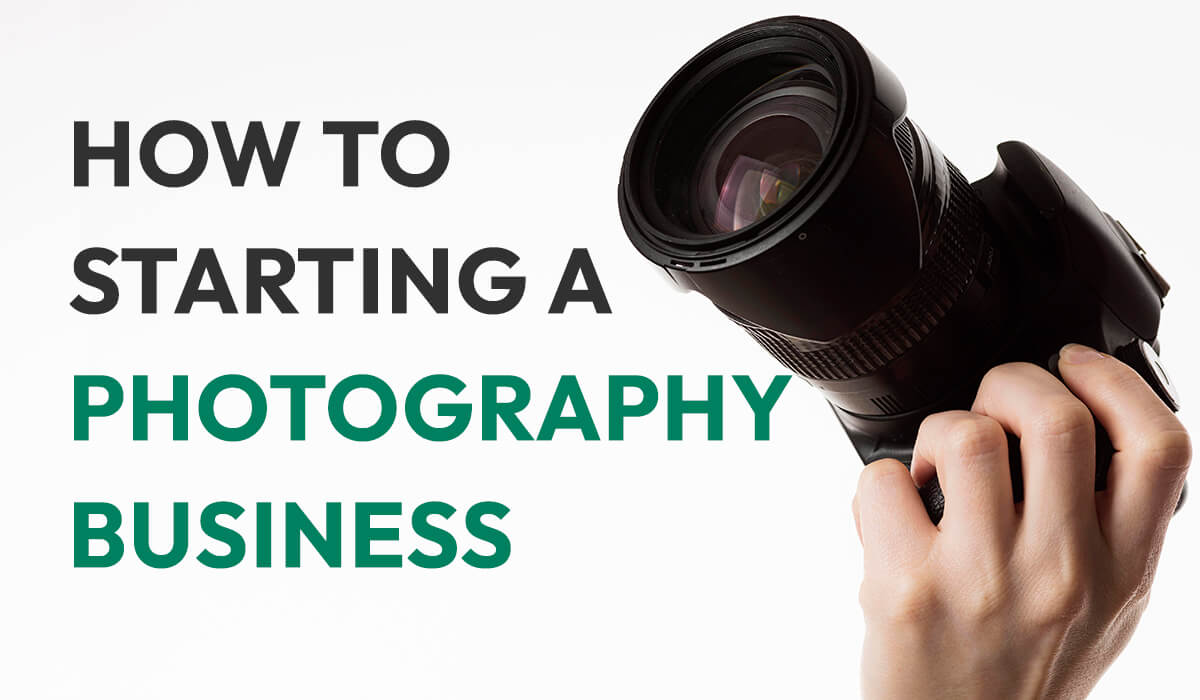Starting a photography business is hard. I know this because I’ve done so and have been a full-time photographer for over ten years. Not only that, I started my photography business in New York City – one of the most oversaturated and brutally competitive photography markets (and any other market, really) on the planet.
The sheer amount and quality of photographers afford brands, labels, and other clients a massive selection of image makers to choose from, and quite a few of them comprise the best in the world. So, with this in mind, how did I choose to compete against some of the best contributors to the field worldwide?
I didn’t start chasing magazines and brand campaigns when first becoming a photographer; I didn’t have the experience. When starting your photography business, you’re probably going to be getting your bearings on work and likely accepting any sort of job you can get. You’ll likely find yourself on Upwork, or GigSalad, or TaskRabbit, or, God forbid, Craigslist, or any of the other myriad sites on the internet designed to connect vendors with clients.
The work will be random, unpredictable, and occasionally quite odd (I once was hired to photograph 76 pairs of shoes, all of which were made of plastic and imported from somewhere in China. It took an entire week of 18-hour days to do. I also didn’t have a studio yet, and so the client came over and dropped them off, and we stood around my cramped kitchen and tried talking about the assignment while ignoring the spatula sitting on the countertop).
You should know that the work doesn’t have to be as super random and all over the place in the beginning as you think it does. There are a small handful of job categories that you can focus on in the beginning stages of your career that represent the more low-hanging fruit residing in the photography field. They pay well AND aren’t anywhere near as competitive as shooting for magazines and labels; and these are events and corporate headshots (I stress that the headshots are corporate headshots and not the traditional ones for actors. Actors’ headshots are also a competitive field to get into).
Event Photography
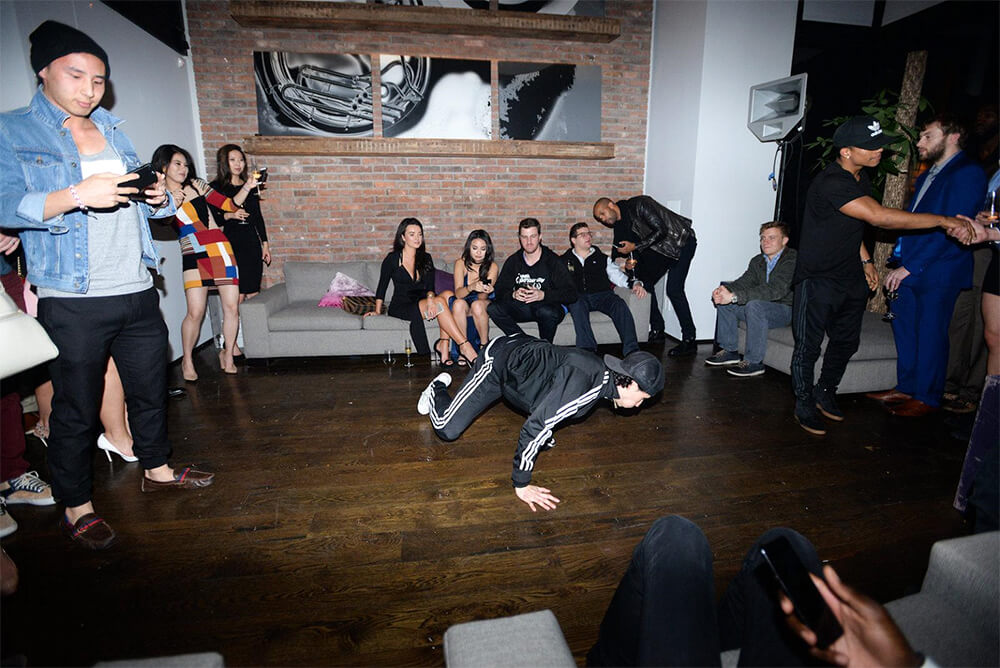
One common unifier amongst people, regardless of culture, race, or religion, is a need to both socialize and have fun. People like throwing parties. People like organizing events. People like doing things that are entirely unrelated to work and, occasionally, people like doing things that aren’t strictly related to behaving like an adult (like partying at 3 am).
And so, this being said, on any given night in any city and within any country, there sits a massive amount of people throwing parties, hosting galas, celebrating anniversaries, and organizing charities and fundraisers. Make no mistake, a significant percentage of them will hire a professional photographer to document the day.
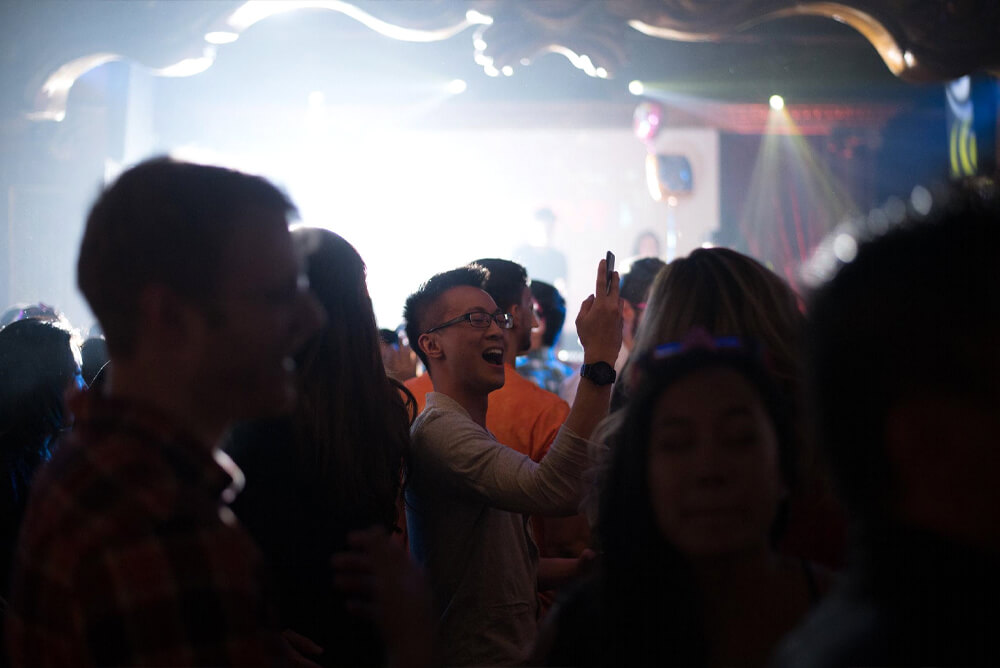
I’ve had way too many instances of someone asking me if I do weddings when I tell them I’m a photographer. Oftentimes, people have little to no concept of professional photography as an occupation and even less about the sorts of jobs it involves.
One time, while at a bar, a girl literally asked me if I made money as a photographer after I told her about my profession. She literally said,
‘So… I know this is an awkward question, but do you… make money?’
While I’m out and I tell people what I do for a living, it’s fairly inevitable, and I’m fairly used to it that more than one person’s eyes will glaze over after I’ve told them about my occupation before they inevitably ask, after a few moments, ‘….so you shoot weddings?’ ‘Not really, no. I mean, I have here and there, but it’s not really my thing,’ I’ll reply, and then the person will look completely lost and totally bewildered while they rack their brains thinking of what sort of work a person would do in photography to make money.
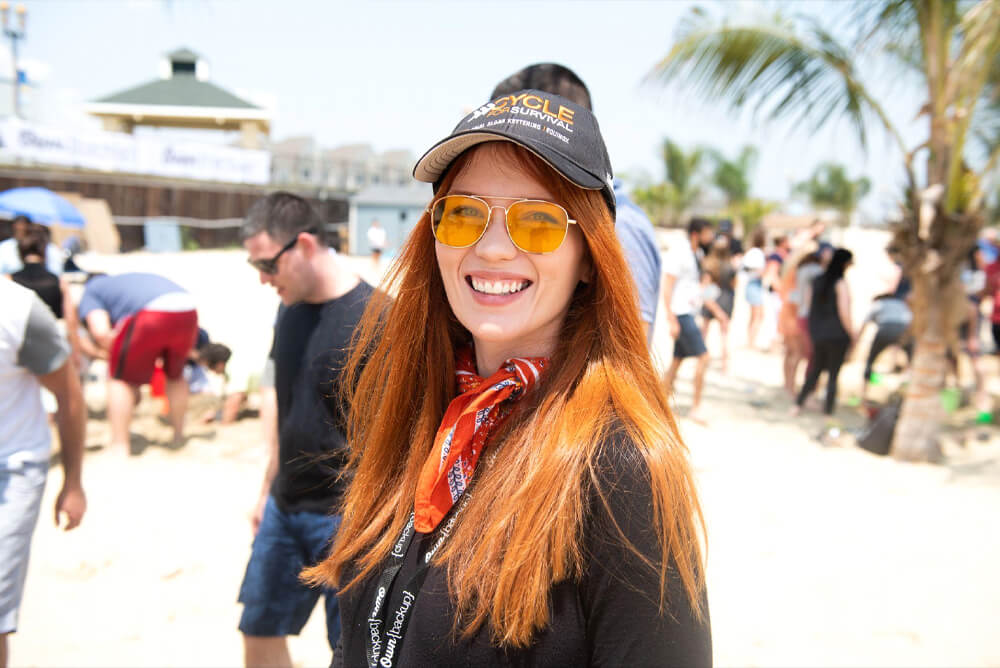
Parties and nightlife are an extremely big industry, and the people that host them usually want everyone to know what a great time was had afterward—after all, what’s the point of renting out an expensive restaurant or event space if you can’t show people how great it was in the coming week afterward? And so, with this said, for the first year to two years of my career as a photographer, I was photographing someone’s nightlife function on a weekly basis (oftentimes multiple times a week). Typically, they were either birthday parties, engagement parties, or anniversaries of some sort.
And make no mistake—they paid well. While you yourself may be reading this and asking yourself who would pay someone $600 to walk around their birthday party just taking photographs, the answer is lots of people. Moreover, while the word party is likely associated with a younger crowd, there are plenty of professionals in their forties and fifties that like throwing parties and have the luxury of giving them large budgets.
So, with this said, there are a ton of events and special occasions that you can go after when initially starting off in your career and wondering how exactly it is that you’re supposed to make money.
If you do plan on going after nightlife, build separate web pages on your site and optimize the word content around keywords like ‘parties, nightlife, soirees,’ rather than just general events—I promise you’ll have just built out a section of your portfolio with 90% less competition in it than other areas of photography.
Regarding equipment, you’ll absolutely need a speedlight if you’re going to go after nightlife-oriented event work. This being said, I realize that at the beginning of one’s photography career, people don’t have the largest budgets to work with when investing in gear, and so my recommendation to you would be to buy a second-hand, first-party made piece of equipment, rather than a brand new piece of equipment from a generic, third-party manufacturer.
An example of this would be the Nikon SB-800 that I bought off of Craigslist, used, for $80. I purchased it eight years ago, and it’s never had a misfire and is still going strong, whereas I purchased a Godox roundhead V1 (a fairly shameless ripoff of the Profoto A1), and it literally broke in half eight months later, in the middle of a shoot. I haven’t purchased generic since.
If you need an example of event work, you can check out the portfolio I’ve built as an event photographer in NYC.
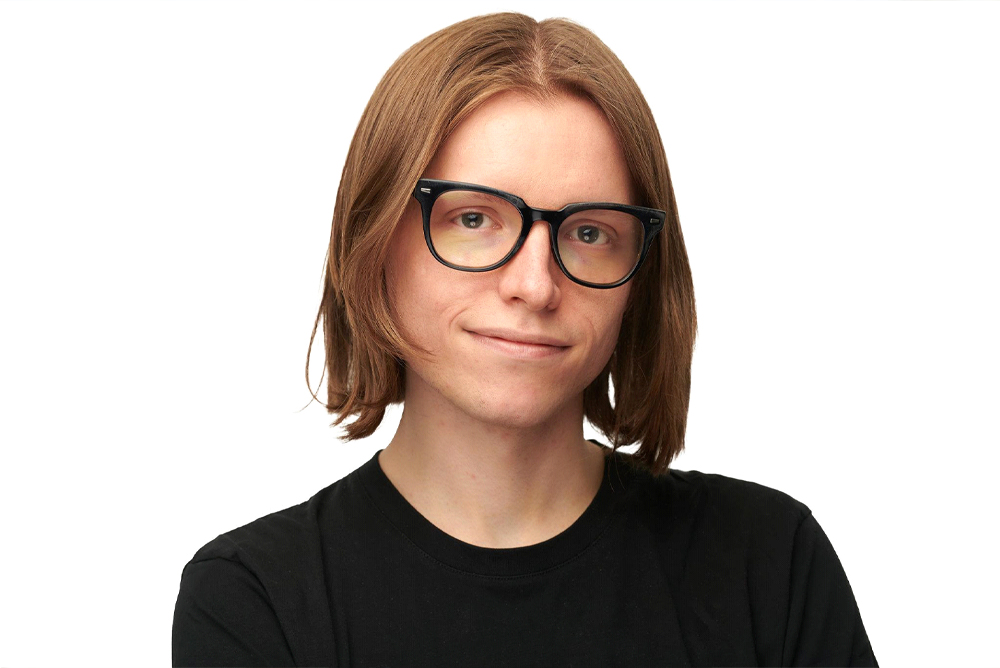
The internet brought many things, the scope of which is way outside the bounds of this article. Fortunately, one thing it brought is an ever-present need for headshots. Prior to the worldwide web’s introduction to social media, headshots were mostly relegated to actors, performers, and only the highest-ranking executives of large companies.
Now, however, thanks to the fact that everyone on the internet has a digital footprint in one form or another (what person is a professional if they don’t have an account on LinkedIn), a massive amount of business flows into the photography world each and every year in the form of a professional headshot.
Any professional you could possibly think of has a digital footprint on the internet, in one form or another, and each and every one of them has a headshot that represents them. Yes, sure, there will always be those people who choose to have a selfie at a bar heading up their LinkedIn profile (I strangely suspect those people’s careers never really hit the sorts of peaks they were originally hoping for), but for the most part, a vast number of professionals will at one point or another seek out a professional headshot for their online image. With this said, seeking their business is a great way to find well-paying jobs early on that aren’t nearly as competitive as other areas of the photographic world.
The pricing points for these sorts of headshots, especially if you aren’t photographing someone high up in a company or that has upper echelon status, are not going to be anywhere near what you’d get for, say, the sort of headshots you’d get from an actor, but $200 for an hour’s worth of work is still significant.
Additionally, oftentimes I’ve been hired by too many companies to count to go in and photograph the entire personnel directory, and that’s where you can go from making a couple to a few hundred dollars a session to a couple to a few thousand. As an example, companies have hired me to take 30 individual headshots, and my pricing strategy involves charging a certain dollar amount per person. The more people there are, the lower the dollar amount as you scale up, but the more money you make for the overall job.
For example, I’d quote someone at $70 per subject, and with 30 subjects, that amounts to $2100, not including retouching fees or travel. Wherever you go, $2100 for a day’s work is fantastic.
In terms of finding the above work, sites like Thumbtack, Upwork, and Gig Salad are really great places to use early on in your career that will connect you with people looking for photographers.
Conclusion
Becoming a photographer isn’t easy, but nothing worthwhile is. It is definitely a viable occupation and one you can do quite well at, provided you’re willing to put in the time and effort. This being said, attacking the two above fields, such as event photography as well as corporate/professional headshots, is an extremely great way to get paid early on. If you’re resistant to entering those two fields because it isn’t where you imagine yourself ending up, consider as well the fact that any money you make at the beginning of your career is going to ultimately enable you to work towards the work you want to do. It will fund more gear, more time, and more efforts.

